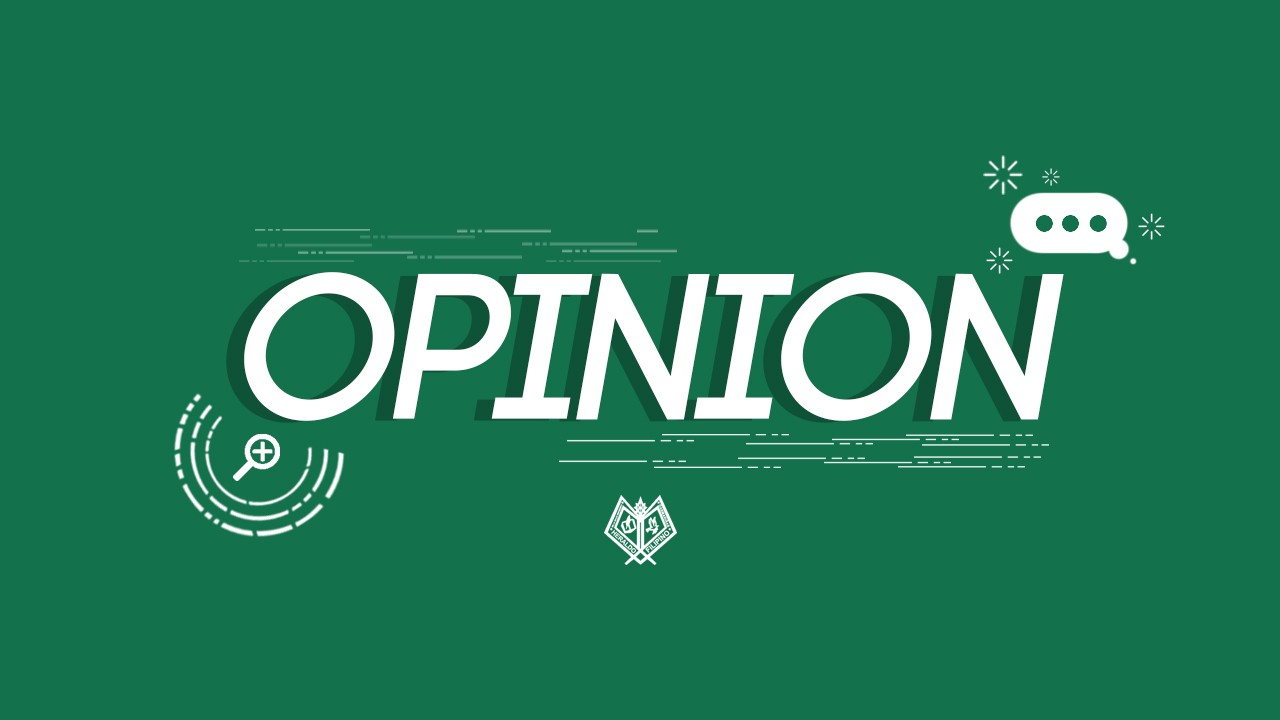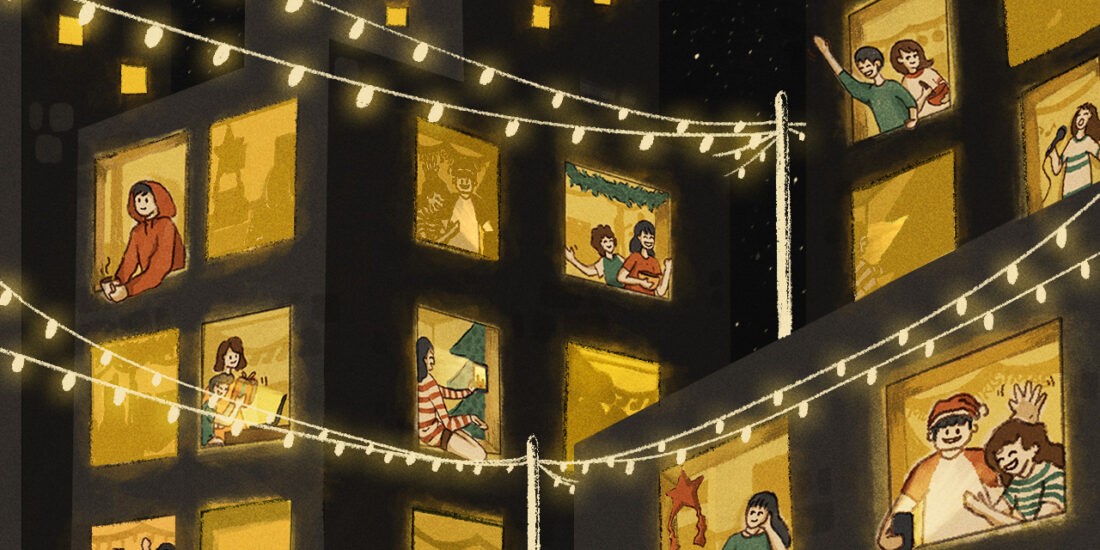How a nation’s fear manifests in a crisis under state-induced violence
President Rodrigo Duterte’s speech last April 1 aiming to address the problem with the distribution of supplies, public disorders, and curfew violators appalled the netizens with its possible implications. Duterte also declared that in case of further resistance, he will “not hesitate” to order his soldiers to shoot, and to “arrest and detain” violators if needed. Overnight, this statement had garnered alarmed attention as people argued whether this is a simple warning for “leftists” or a prelude to martial law.
President Duterte later clarified that he never publicly announced a “shoot to kill” order, and that violence should only be a last-minute resort as self-defense. But the damage was already done. Following the onslaught of criticisms, the government responded with several summons from the National Bureau of Investigation (NBI), which only sparked further outrage.
The militarization discourse reignited a few weeks later, when news of a police officer shooting down an ex-soldier took the internet by storm. The police officer claimed that he “had no choice” but to fire, as the retired soldier was about to pull out an alleged .38 revolver, a gun that his family denied he possessed. The videos of the conflict, which circulated in the internet in a matter of hours, were probed by netizens whether the shooting was justified, or whether the five police officers should have approached non-lethally.
These are just one of the many accounts of police apprehension during the ECQ, and no doubt won’t be the last if the same cycle continues. These are uncertain times, and it’s only to be expected that people will fear, and it’s important to understand that fear manifests in different ways. This applies especially now, when the government is taking active steps enforcing the enhanced community quarantine (ECQ) that was recently extended until 11:59 midnight of April 30, and is still up for modification right now. So far, there have been reports of the curve starting to flatten, but the future is uncertain as everyday life stuttered to a halt.
Our people are afraid—afraid of the virus, afraid of the coming months, and afraid of the threat of the force looming over our heads. Hidden under the guise of security, these threats seemed to flicker on and off like a switch—leaving us in the dark as they pleased, and shining some light when it suited them.
Something necessary for us to understand is that coping with fear can be through uplifting messages and prayers, through honest admittance of feelings, and through online protests against injustices. It can be said, that as we progress further through the ECQ, that our ways of coping are not limited to these examples. Some might choose to abstain from taking sides, some might choose to fight strongly for their beliefs and although each promotes their own merit and risk, their motivation remains all the same: fear. Somewhere along the way, we have forgotten that most of us just want what is best for our country and that is the most important thing.
Take the case of the San Roque protest, for instance. Last April 1, 21 residents of Sitio San Roque, Quezon City were detained after demanding food and other assistance, which were apparently “delayed” since the implementation of the ECQ. The protest, which garnered both sympathy and skepticism alike, have prompted the government to “tighten” their security, and dissuade the masses from attempting the same stunt.
The government’s competence was then called into question, with people begging for the unseen plans to be laid out in the open. Sadly, instead of addressing the concerns, we are thrown back in the vicious cycle of pointing fingers, and this time, the government points right back at us. The villagers from San Roque went outside that day because they wanted to survive. Their actions reflect those who do not have the privilege to stay in their homes, fearing that their grumbling stomachs will kill them faster than COVID-19. They cry out because they demand action, and yet some call them “aggressive”, “conflict-seeking”, and “undisciplined.” Unless the government fills out the masses regarding how exactly they will solve the said problems, people will continue to panic.
People have the right to demand answers, and to be given with such. With the presence of armed military personnel while there are threats of suppression and dehumanization, one should not be surprised if the governed—in their fear—question and resist authorities.
With nothing but imagery of rifles and violence, one should not be surprised that this is what people will be expecting. With nothing but threats of suppression and shooting, one should not be surprised if this becomes a self-fulfilling prophecy.
Between the numerous disciplinary actions the government has in store for curfew violators, and plans to address the effects of the virus, it shouldn’t be a question which one of them demands more attention. In the same vein, between arming ourselves with guns and PPEs, it shouldn’t be a question which one of them is more applicable to the situation: unless, of course, if you can already detain the pandemic.
If the authorities could temper the rigor of the law with human compassion for the rich and powerful, they should also be able to do the same for the poor and vulnerable.
Video by Patrick Jayson Basco




